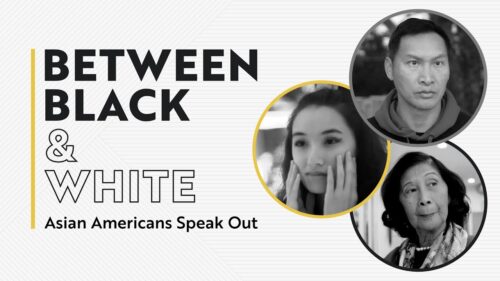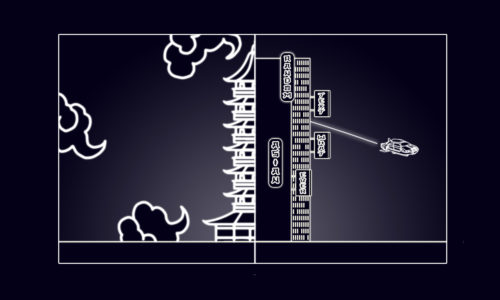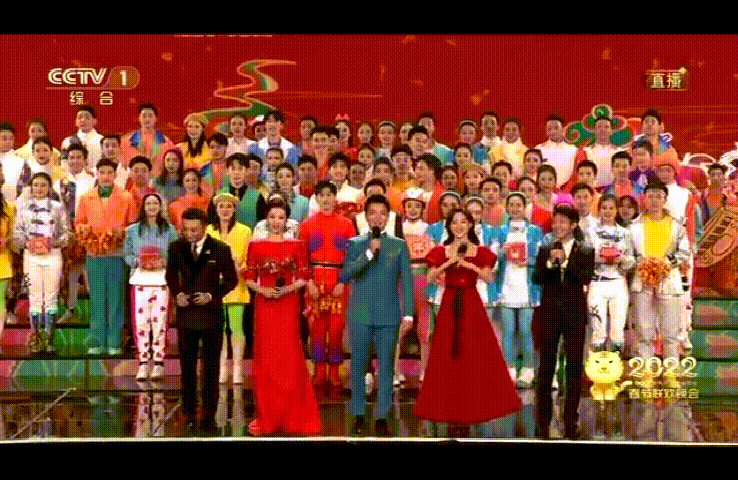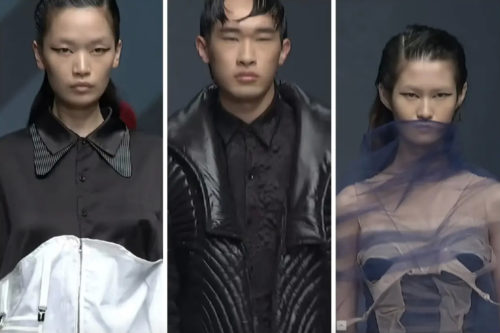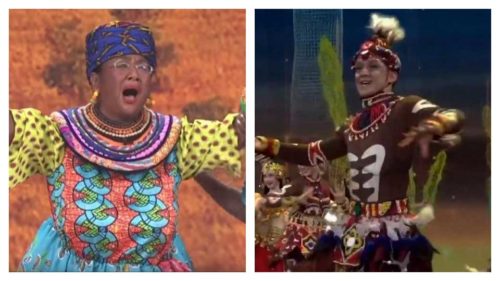Once again, blackface and single-shaming jokes are featured at the CCTV Spring Festival Gala
Chinese state broadcaster CCTV’s annual Spring Festival Gala (春晚 chūnwǎn) comes in for withering criticism nearly every year for poor taste, sexism, and other issues. This year is no different.
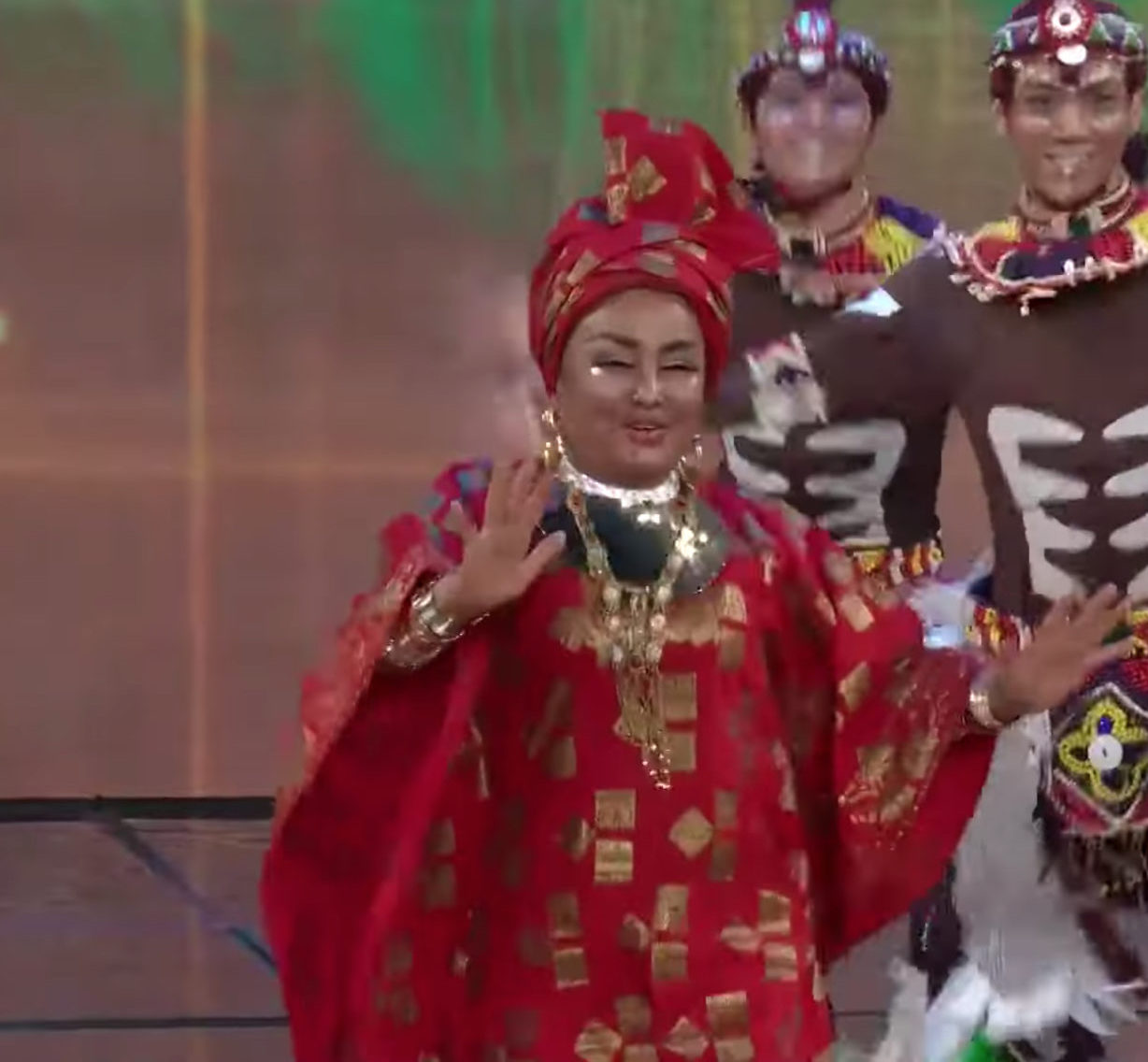
Chinese state broadcaster CCTV’s annual Spring Festival Gala (春晚 chūnwǎn) comes in for withering criticism nearly every year for poor taste, sexism, and other issues. This year is no different:
Perpetual misfiring on Africa and blackface
Five minutes into the gala, a group of Chinese actors adorned in blackface makeup and stereotypical African tribal garments appeared on the stage, dancing joyfully in a segment that also featured flamenco performers, belly dancers, and women dressed like Cleopatra in ancient Egypt.
The Spring Festival Gala of 2018 was accused of racism for featuring a comedy sketch that included a well-known Chinese actress wearing blackface and a padded outfit, accompanied by a black performer in a monkey costume.
Black Livity China, a Beijing-based organization whose mission is to “document and demystify African and Afro-diasporic experiences both in China and in relation to China,” wrote on Twitter that it was “extremely disappointing” to see the gala once again using offensive caricatures. “We cannot stress enough the impact scenes such as these have on African and Afro-diasporic communities living in China,” it said.
In 2018, The China Project published an article by Black Livity condemning the gala’s “racist and insensitive portrayals” of black Africans. The piece was widely shared on social media, after which a contact of African heritage at CGTN, the English-language news channel owned by China Central Television, reached out “with the idea of hosting a conversation with the team behind the incident.”
“At the time, it felt like real change might come about,” Black Livity tweeted. “Sad to say we were wrong.”
Women and single people are still punch lines and punching bags
Aside from racism, this year’s Chunwan also offered up its traditional sexist stereotypes about women and uncomfortable jokes about single people.
One sketch, named “Feeling pressure to get married at every festival,” featured a mother relentlessly shaming her daughter for being single, and setting her up on blind dates. “Stop pretending to be happy. You are a single dog,” the woman says to her daughter.
In another act, called “A train heading into spring,” a divorced man jokes about his ex-wife looking like Voldemort when she does not have her makeup on. When confronted by his former partner, who blames their split on conflicting work schedules, the man insists that the problem is his modest income, which is not enough to fulfill women’s desires for “fur coats and designer bags.”

